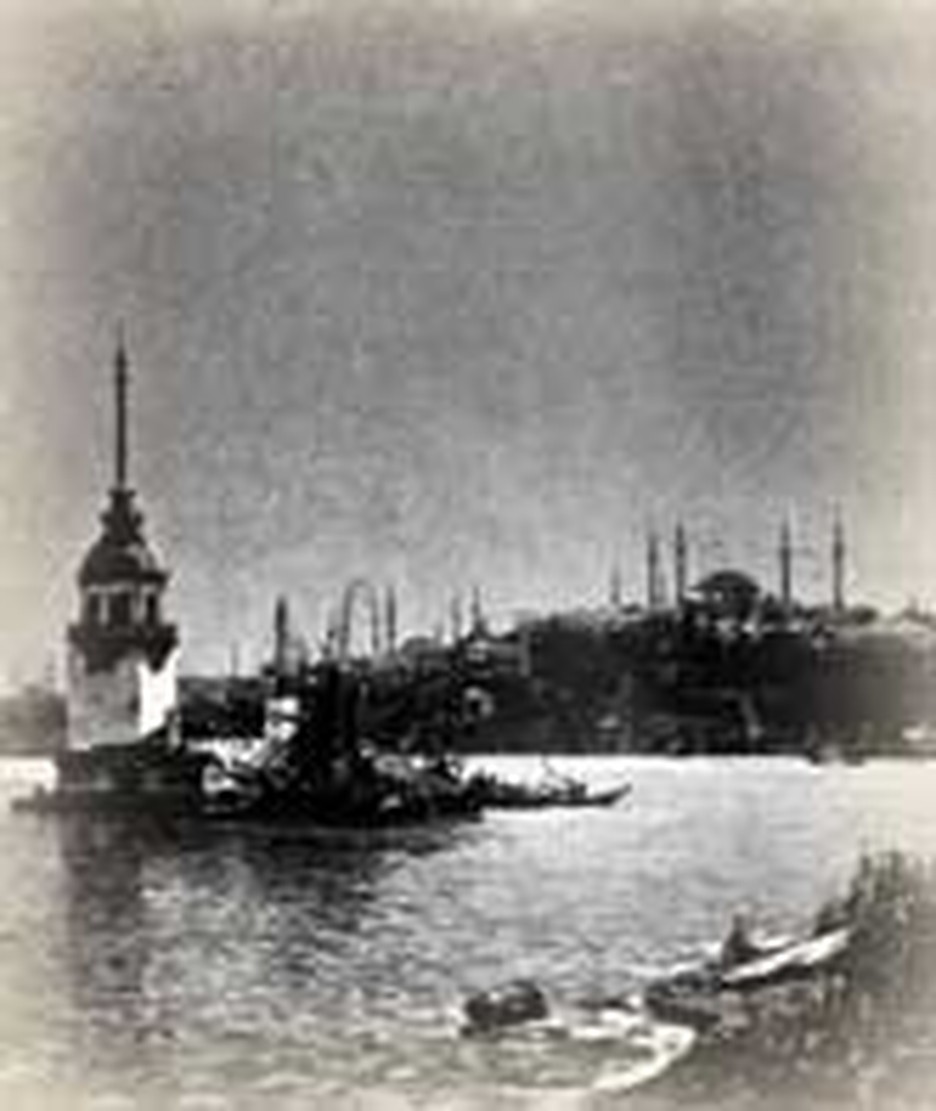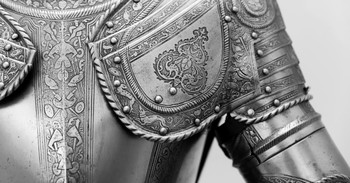
The Byzantine Emperor Isaac Angelus was in prison in Constantinople (modern Istanbul). His brother Alexius had seized the throne and blinded him. Isaac's son and heir (also named Alexius) fled to Germany, where he took refuge with in-laws.
Meanwhile, world events were shaping up to replace him on his throne. Bernard of Clairveaux had earlier encouraged a crusade against Greek Constantinople after the disaster of the second crusade in 1147. He was convinced that the treachery of the Greeks was the cause of the disastrous crusade, and he wanted them punished.
A certain Count Tibald of Champagne advocated a crusade to capture Egypt. This would be the fourth crusade and Pope Innocent III endorsed it. The would-be crusaders chartered Venetian ships for a large sum of money.
Venice had its own interest in the crusade. When the knights showed up with insufficient funds, Venice offered to transport them on condition that they first recapture Zara. This city north of Constantinople had been under control of Venice until the King of Hungary seized it.
The crusaders agreed to the detour. Quarreling all the way, they sailed for Zara. After a week of fighting, they captured and razed it. Since it was a Christian city, the pope excommunicated them, but he soon relented, so that the quarrelsome crusade could go on.
Prince Alexius joined the crusaders. He appealed to them to help him regain his throne. The Chief Magistrate of Venice now urged the crusaders to forget about Egypt for the moment and place the Prince on his throne. Prince Alexius sweetened the pot, promising them money, an army of 10,000 to fight against the Muslims, 500 knights to guard the Holy Land, and the submission of the Eastern Church to the pope!
The crusaders captured Constantinople's harbor and a key tower. The usurper Alexius rode out with an army five times the size of theirs, but lost heart and offered terms of surrender. When he fled with considerable wealth, Isaac and Prince Alexius retook the throne. The prince became Emperor Alexius IV. The western armies camped in the city until a two-day fire destroyed much of it. Greeks and Latins blamed each other for the blaze.
The Greeks could not fulfill their terms. Disgusted with Alexius IV, another usurper seized the throne and killed him. The angry Crusaders attacked Constantinople. "The noise of the battle was so great that it seemed to rend the earth." After a few days of furious struggle the imperial city fell to the crusaders on this day, April 12, 1204, the Monday before Easter.
With the city in their possession, the crusaders proved ruthless. They assaulted nuns in their convents and wrecked churches as well as palaces. To separate themselves from the Greeks, they set fire to blocks of houses, destroying many priceless works of literature and art. The crusaders set up their own kingdom based in the city, but within ten years it had collapsed. The whole episode is one of the most shameful blots on church history, when such unchristian deeds were committed in the name of Christ.
Bibliography:
- Adapted from and earlier Christian History Institute story.
- Gable, G. I. "The Fourth Crusade." http://www.boglewood.com/timeline/crusade.html
- Geoffrey de Villehardouin. Memoirs or Chronicle of The Fourth Crusade and The Conquest of Constantinople. http://www.fordham.edu/halsall/basis/ villehardouin.html
- Lowe, Stephen. "The Fourth Crusade and the Fall of Constantinople." http://www.geocities.com/egfrothos/FourthCrusade.html
Last updated June, 2007


